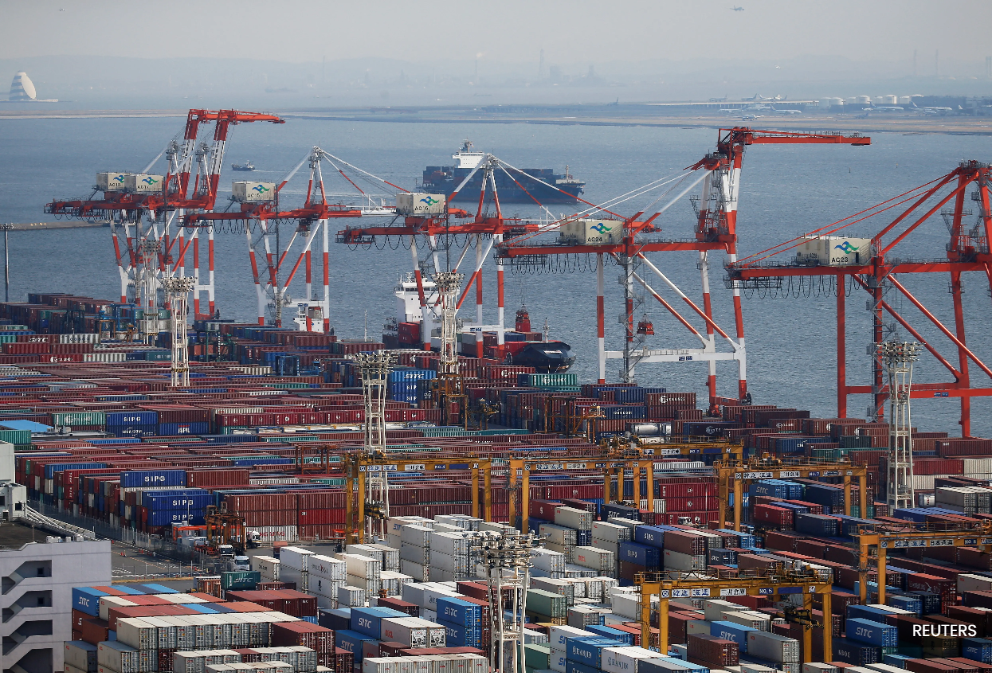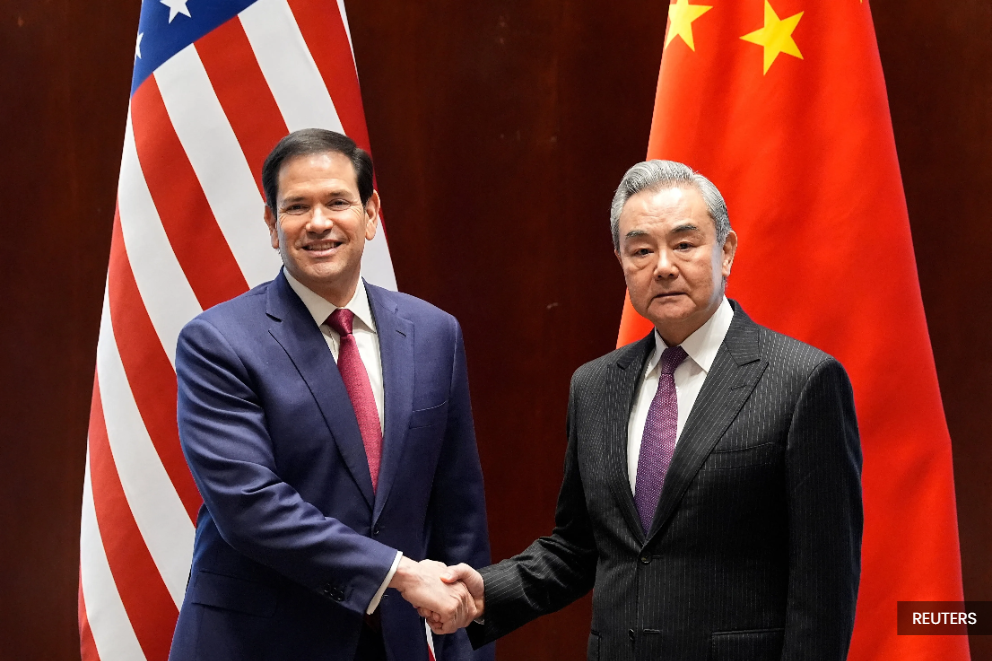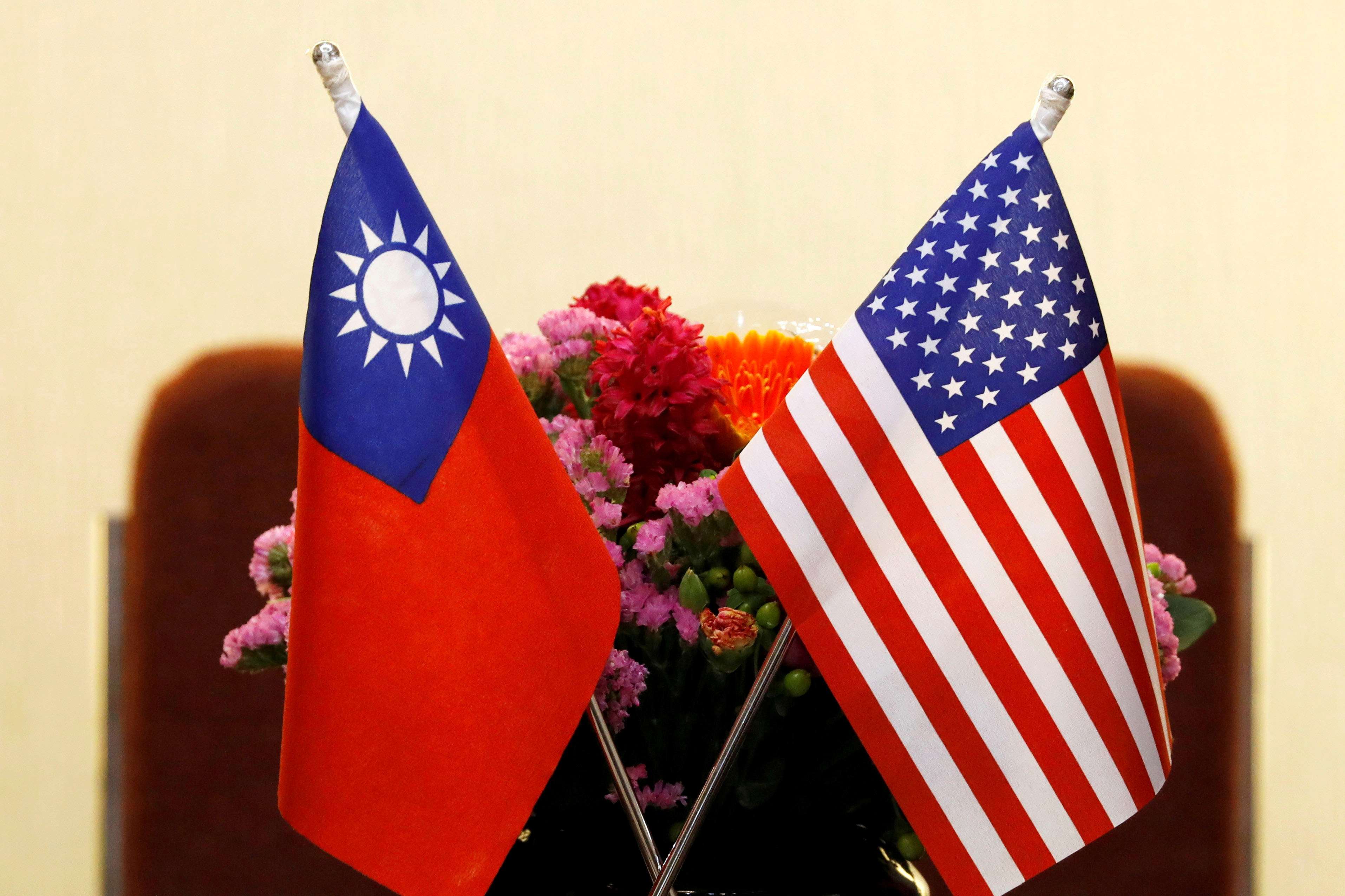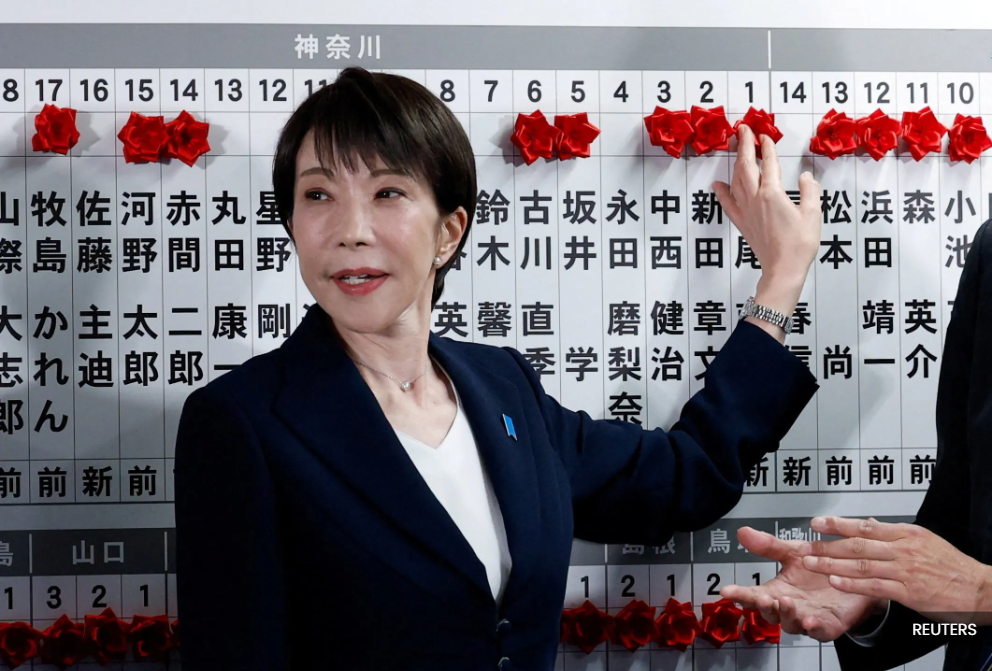BEIJING/TOKYO, Nov 18 — Japan has warned its citizens in China to step up safety precautions and avoid crowded places amid a deepening dispute between Asia's two largest economies over Japanese Prime Minister Sanae Takaichi's comments on Taiwan.
The advisory issued by Japan's Embassy in China came as a senior Japanese Foreign Ministry official travelled to Beijing today to hold talks with his Chinese counterpart to try to tamp down tensions.
China has urged its citizens not to travel to Japan, in what could deal a sizeable blow to Japan's economy, given that the Chinese currently make up nearly a quarter of all tourists there, according to official data. Tourism-related stocks in Japan have plunged.

Most serious diplomatic clash in years
Takaichi sparked the most serious diplomatic clash in years when she told Japanese lawmakers this month that a Chinese attack on Taiwan threatening Japan's survival could trigger a military response.
In response, a Chinese diplomat in Japan posted a threatening comment on social media aimed at Takaichi. That drew a strong rebuke from Tokyo but failed to stem a wave of vitriolic commentaries in Chinese state media aimed at her.
"We have made judgments based on comprehensive consideration of the security situation in the country or region, as well as its political and social conditions," Kihara said today about the safety notice.
Noting the media coverage in China, the Japanese Embassy reminded citizens yesterday to respect local customs and be careful in their interactions with Chinese people. It asked citizens to be aware of their surroundings when outside, advising them not to travel alone and urging extra caution when travelling with children.
"If you see a person or group that looks even slightly suspicious, do not approach them and leave the area immediately," the notice said.
Film distributors have also suspended the screening of at least two Japanese films in China amid the deepening dispute between Tokyo and Beijing, in what Chinese state broadcaster CCTV said late yesterday was a "prudent decision" that took into account souring domestic audience sentiment.
Some Japanese films, including the animated Crayon Shin-chan the Movie: Super Hot! Scorching Kasukabe Dancers and manga-turned-movie Cells at Work!, originally slated for release in the coming weeks, will not begin screening in mainland China as scheduled, CCTV said, citing checks with film importers and distributors.

Efforts to ease tensions
Beijing claims democratically governed Taiwan as its own and has not ruled out using force to take control of the island. Taiwan's government rejects Beijing's claims and says only its people can decide the island's future.
Taiwan sits just over 110km from Japanese territory, and the waters around the island provide a vital sea route for trade that Tokyo depends on. Japan also hosts the largest contingent of the United States (US) military overseas.
On Sunday (November 16), Chinese Coast Guard ships sailed through waters around a group of East China Sea islands controlled by Japan but claimed by China. Japan's Coast Guard said it drove the Chinese ships away.
The US does not formally recognise the islands, known as Senkaku in Tokyo and the Diaoyu in Beijing, as Japanese sovereign territory, but since 2014 has said it would be obliged to defend them if attacked under the Japan-US security treaty.
"In case anyone was in doubt, the United States is fully committed to the defence of Japan, which includes the Senkaku Islands. And formations of Chinese coast guard ships will not change that," US Ambassador to Japan George Glass said on X (formerly Twitter).
This week's G20 summit in South Africa provided a potential forum to help ease tensions, but China said its premier has no plans to meet Takaichi on the sidelines of the gathering.
Kihara said nothing has been decided about bilateral meetings during G20, but that Japan remains open to conducting "various dialogues" with China.

'On a knife's edge'
As well as tourism, Japan is heavily dependent on China for the supply of critical minerals for everything from electronics to cars.
“If we rely too heavily on a country that resorts to economic coercion the moment something displeases it, that creates risks not only for supply chains but also for tourism.
"We need to recognise that it is dangerous to be economically dependent on somewhere that poses such risks," Japan's Economic Security Minister Kimi Onoda told a press conference today, responding to a question about China's calls for its citizens to avoid travel to Japan.
Earlier today, Trade Minister Ryosei Akazawa said that there had been no particular changes in China's export control measures on rare earths and other materials as of yet.
The heads of Japan's three business federations met with Takaichi late yesterday and urged dialogue to resolve the diplomatic tensions.
"Political stability is a prerequisite for economic exchange," Yoshinobu Tsutsui, chairman of Japan's biggest business lobby Keidanren, told the press after the meeting, according to news reports.
Cornell University's China foreign policy expert Allen Carlson said that Tokyo's refusal to retract its statements meant its de-escalatory efforts had failed to mollify Beijing.
"As a result, the two countries now stand on a knife’s edge," he said.









